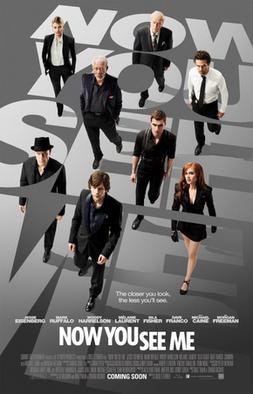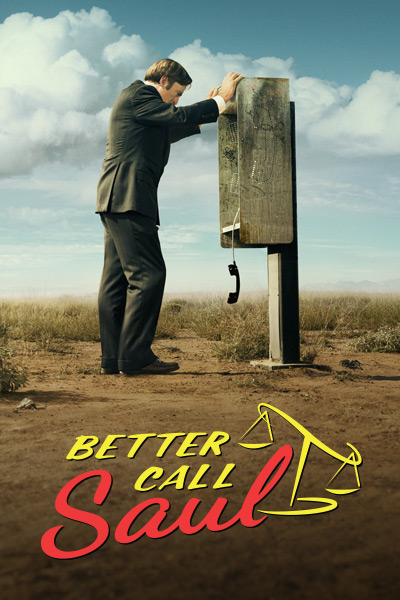Movie Review : Bajirao Mastani
Language : Hindi
Director : Sanjay Leela Bhansali
Genre : Historical Drama
Starring : Priyanka Chopra, Ranveer Singh, Deepika Padukone
Released : December 2015
My Rating : 6 out of 10
I have watched only two or three movies directed by Sanjay Leela Bhansali. I was extremely impressed with “Black”, while I simply couldn’t stand “Devdas”. When I heard his other movies also valued “style over substance”, I didn’t bother to watch any more. In spite of fearing the same for this movie, I still wanted to watch it.
This is a story that I am very familiar with. The history of Maratha Empire is something I have studied in detail in school. Since I have always been interested in History, I have also read many semi-fiction, semi-history Marathi novels that have been written for this period. This period is part and parcel of Marathi culture and Marathi pride. References to Peshwai are common in Marathi speech. In short, this topic is very close to heart, and at the risk of sounding narrow-minded I will say, this is a history of my people.
With that background, I can provide my understanding of “Raa’u”, the book written by Naa. Sa. Inamdar, and on which this movie is based. Bajirao-Mastani, is not, very emphatically, not a Marathi version of Romeo-Juliet. Bajirao, a Brahmin by birth, was an undefeated leader, known for his legendary skills of maneuvering cavalry. They say, he lived his life on a horse. After his marriage with Mastani, a Muslim woman, he tried very hard, but did not succeed, to give legitimacy to their relationship. His disregard for social norms was scandalous in the ultra-religious, ritualistic society of that time. This strained his relationship with his own family, especially his brother who was loyal to him like Lakshman was to Raam. This combination of rebellious love of a Hindu Brahmin leader with a Muslim woman, family drama, military triumphs and the political conspiracies that were all too common in those times, makes it a very complex and potent story. It should naturally lead into making a great movie.
Unfortunately, Bhansali’s adaptation turns out to be a movie with a split-personality. He has succeeded in bringing our attention to many aspects of the story, especially Bajirao’s naive struggle to get the society to accept his marriage to Mastani. But then he chose to make it a Romeo-Juliet in the end. His casting of secondary characters is perfect in case of Milind Soman (as Ambaji Panth) and Vaibhav Tatwawadi (as Chimaji Appa), but is laughable in case of Ayush Tandon (as the eldest son of Bajirao). The settings are very realistic in some cases (especially the inside of Shaniwar Wada) and totally fake in many. Please try to not look at the background sky. Especially the moon looks straight out of 70s movies. The dialogues are occasionally memorable, but often times feel like forced marriage of words (“dhalta sooraj, khilta chaand” etc), and sometimes just idiotic (Bajirao's repeated line of “Cheeteh ki chaal …”). This overall, cannot be termed as competent direction.
I am told that Bhansali’s movies are to be watched for the lead actors frolicking in the opulence of costumes and sets. Well, some of the sets are indeed impressive, with nods to Mughal-e-Azam (courtesan dancing in a room full of mirrors), a set out of Paakeezaa which interestingly is used to picturize a holi song without any real holi, go figure.
Coming to lead actors. Both the ladies manage to show different shades of emotions. These are complex roles, especially Kashibai (Priyanka Chopra) who justifiably feels wronged by her husband. Deepika Padukone is perhaps the best choice today to play the role of Mastani. I was neither particularly impressed by the acting of both, nor do I have anything to complain about.
The main problem is Ranveer Singh. This is the first time I have watched him, and I don’t think he is a good actor to begin with. On top, he and Bhansali have chosen to portray Bajirao as an unpolished crude, almost a brute, as opposed to a civilized, inspiring leader. Maybe they had an “angry young man” in mind, but this interpretation comes across more as a goon than a king. His body language is awkward and sometimes comical. His dialogue delivery has no gravitas. This is my main objection to the movie. I am OK with all the artistic liberties even though I cringed watching the Peshwas dance. I really don’t understand that decision. Was it necessary to have Bajirao and Kashibai dance? I am not offended, but I don’t see the point.
On the positive side, I am happy someone brought this great story to wider audience. I hope it brings more awareness to Bajirao’s positive impact on India. It was his farsightedness that established at least three major confederacies (Baroda, Gwalior, and Indore) outside Maharashtra, which ensured the continuation of Hindu rule.
This movie has more depth and substance than “Devdas”, but still falls short of being a good movie. In case you want to watch it, I recommend watching it on a big screen to enjoy some eye candy it presents.






